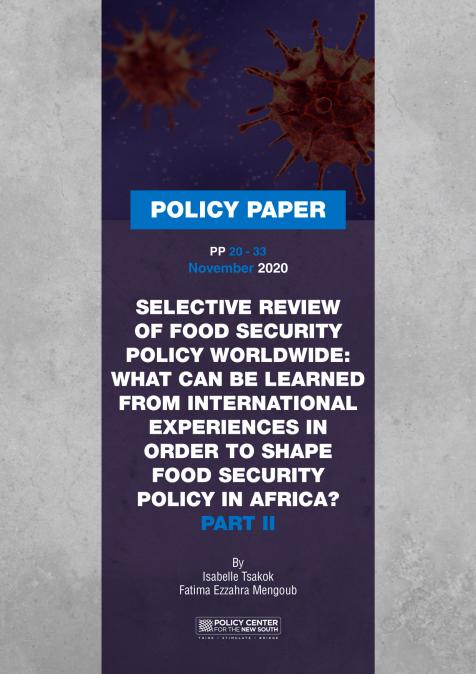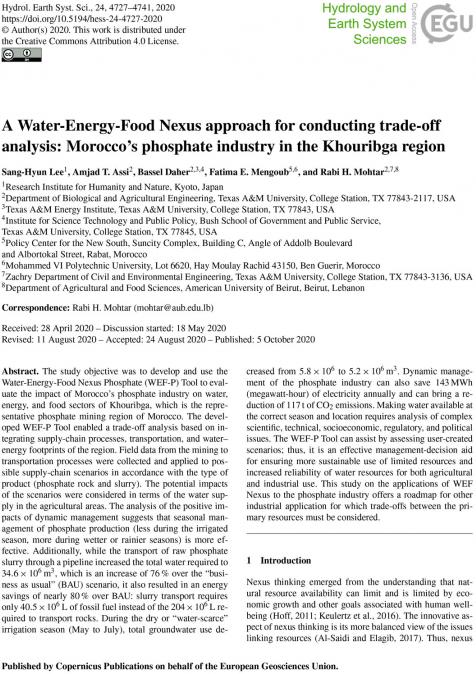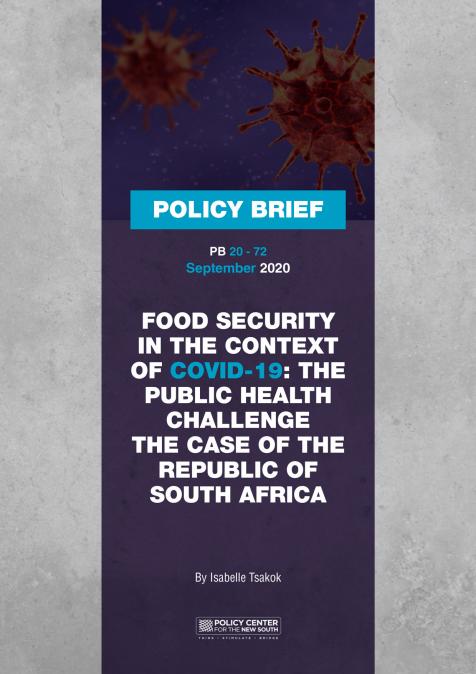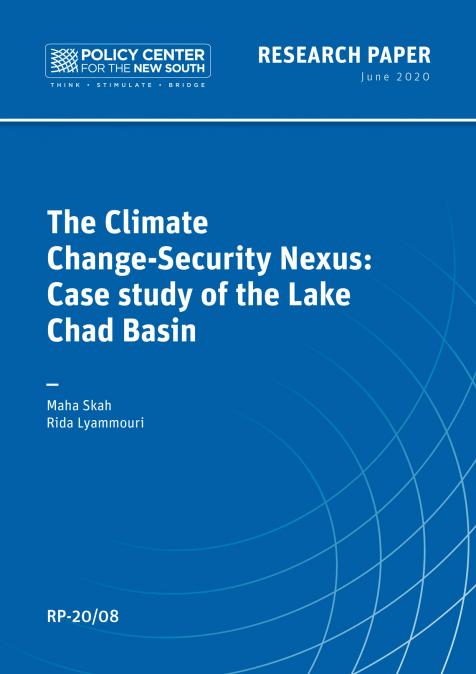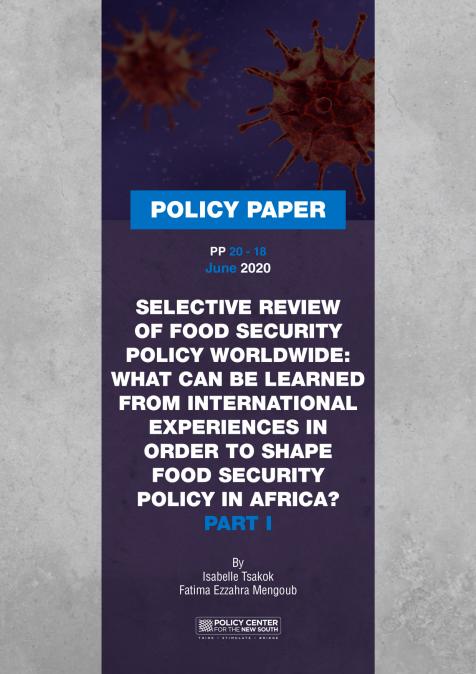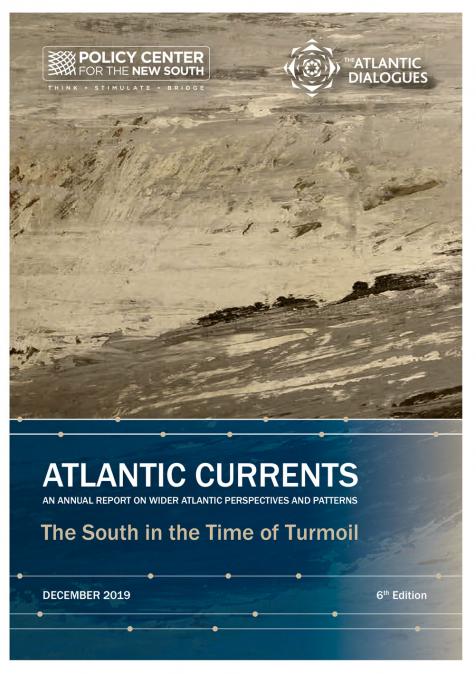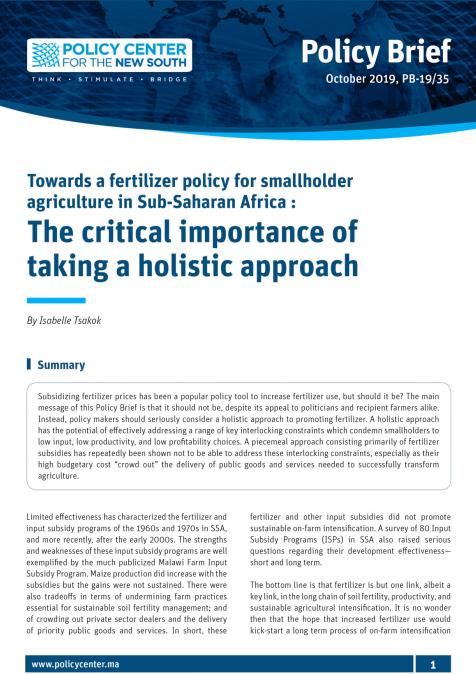The SecureFarmer project helped develop sustainable farming communities by deploying the most applicable mechanical and digital technologies in Nigeria. The project hinged on three main areas to maximize farmer productivity in maize and cassava farming: First, it aggregated farmers for crop cultivation. Then, it provided input supply and services on credit to farmers. Lastly, it made site-specific data accessible to farmers. SecureFarmer had a great impact on Nigerian farmers, specifically those participating in the block-farming program. It was able to provide them with a Secure Farmer digital app which gives them actionable data and farm activity tracking. Among other achievements, the project also created training materials for farmers, aggregated 25 farmers and prepared 50 hectares of land for cassava (a woody plant commonly called manioc) cultivation and provided credit for high quality input and mechanization for cassava farmers. About Seyi: Seyi Oyenuga is an industrial entrepreneur with over 12 years’ experience working in America and Nigeria. He serves as Executive Director and Head of Agriculture Division of ATMANCorp, a vertically integrated agriculture and food processing company based in Nigeria. The company leverages innovative technology and processes to enhance productivity through a mainly youth workforce and smallholder farmer network. Seyi’s efforts have led to the introduction of precision agriculture methods through remote monitoring and drone remote sensing to increase efficiency. Previously, he founded an infrastructure contracting company based in Washington, DC. He actively participates as a mentor with Grooming Leaders For Agriculture (GLA), an agricultural incubator empowering the youth to reach their highest career goals through education, hands-on training, mentoring, leadership and entrepreneurship. Seyi is a graduate of the University of Chicago with a degree in economics.



